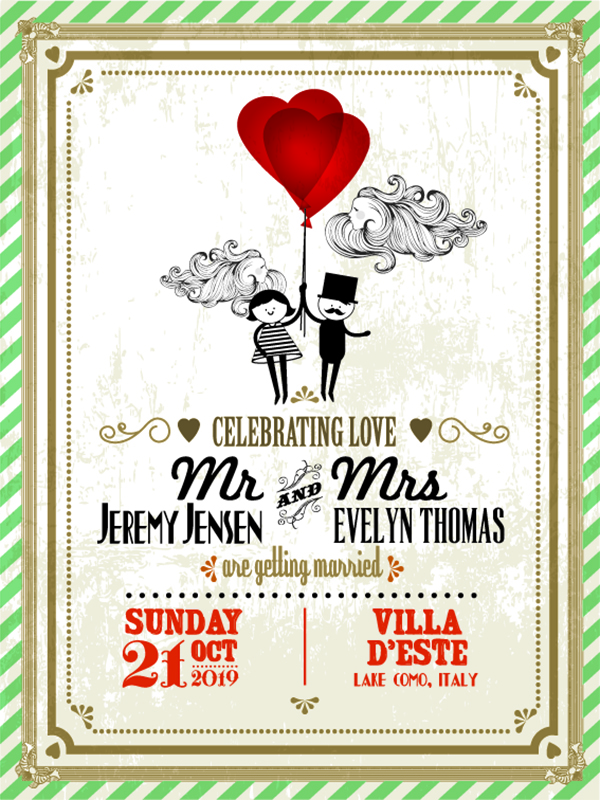Like most of us (read: my favourite people), I love well-deserved revenge. I love the last word, the knowing look, and the fleeting moment in which someone who has hurt me has taken accountability and uttered the three little words we all want to hear: you were right. I plan and plot, strategizing and waiting for the moment in which a days-/weeks-/months-/years-long vendetta can finally come to pass.
And then, when it does, I feel nothing.
I was talking to a friend this afternoon about seeking revenge on a guy from my past who’d hurt me. (A normal conversation to have via IM at 1:30 p.m.) I told her that even now, I still wanted to spring from the metaphorical bushes and make him confront his long-forgotten (I’m sure by him) behaviour — and, you know, maybe establish myself as the reason he could never fully be happy again. She laughed, said that would be nice, but then dropped the revelation I was hoping she would avoid for the sake of indulging me in my Godfather-like fantasies: plotting revenge still means we’re wasting our time and our energy on the people who deserve both of those things the least.
And like, I know this. I know this, I have told myself this, and I have told my friends this, but nobody actually wants to hear it directed at themselves. Because, hi: I love revenge. That illusion of control that we can ruin a person who hurt us via legal and reasonable means can get us through the harshest parts of whatever-it-was-that-happened. Revenge can oust the reality of having been hurt or betrayed or, or, or, and help me (us?) concentrate on what really matters: making whoever wronged me pay. And while I always end up getting too tired or busy or distracted to see anything through, the myth that I can show him/them/everyone is enough to keep me from acknowledging a truth I’d rather walk into the sea than deal with: that I feel sad.
And I hate feeling sad. Sadness takes time. You have to process the layers of sad, and then categorize them accordingly so that you can learn lessons from what you did and who you were and what led you there. Sadness, I guess, is important. But I would still always rather cast sadness aside and pour myself into getting whoever-it-is back — even if it’s through my own success or my own sweet life or my ability to not just forget about what happened, but move on from it so efficiently that I morph into Don Draper in the elevator and “don’t think about [them] at all.”
Which is where my friend got me again (she’s real, you guys, her name is Steph). Specifically by reminding me that pouring yourself into your own life still means that you’re doing something and are still in control. And in better control, since none of your narrative is being defined by affecting someone else’s. The best revenge, they say, is living well. And as a grown-ass woman creeping up on 33, I should be a little too tired to orchestrate anything outside my own to-do list. Or, at the very least, aware that no matter how much I weave my web and wait for my enemy to fall into it, I will still have to reconcile with the feelings I’ve been avoiding. And worse: that revenge, when faced with it in the way you imagined, is never as good as you think it is. The closure still depends on, ugh, dealing with it actually.
So instead of fighting the common sense I’d be giving somebody else if the roles were reversed, I let my revenge fantasy go. Or, more specifically, I made it less about that other person. Instead, I answered my emails, and I did my work, and I ate some fruit. I drank some water. And I shifted my goal from being the person he’d one day know had foiled his life and/or force him to admit his wrongs to being the one living one so sweet that I, well, didn’t think about him at all.
After all, revenge still has to have a place. It just, like all of us, needs to evolve a bit.












